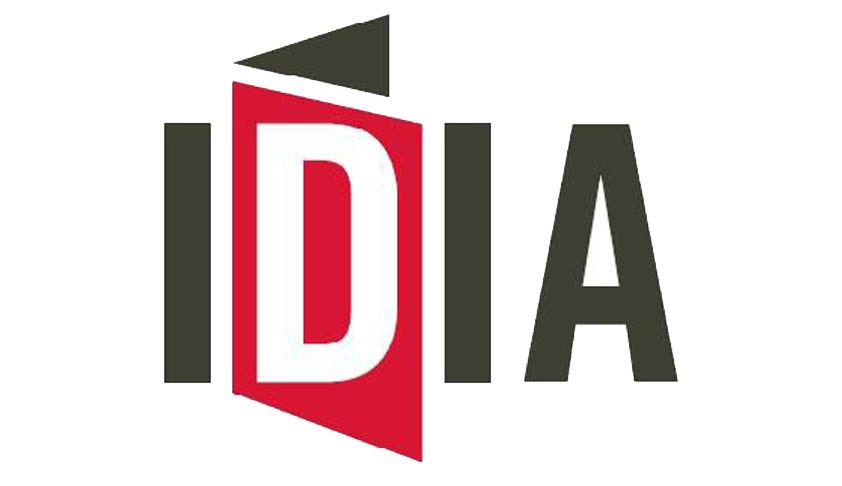IDIA launches Disability Access Programme (i-DAP) Team
Simran Sahni
6 Dec 2015 12:15 AM IST

On the occasion of the United Nations International Day of People with Disability 2015, IDIA announces the launch of our new IDIA Disability Access Programme (i-DAP) team.
One of the core objectives since IDIA’s inception has been to contribute to making the legal ecosystem more disabled-friendly. IDIA has sensitised, trained and supported many students with disabilities, as well as undertaken policy research and reform for making legal education and legal profession more accessible to students with disabilities.
Eleven students with disabilities, trained and supported by IDIA, are currently studying in various top National Law Universities, multiple national law universities purchasing and installing disabled-friendly equipment, as well as introducing disabled students-friendly policy measures. The CLAT Core Committee had allowed candidates with disabilities to avail of scribes from CLAT 2012 onwards.
December 3rd has been celebrated as the ‘International Day of Disabled Persons’ since 1992. The theme, as selected by the UN this year is “Inclusion matters: access and empowerment of people of all abilities”, and with the formation and launch of i-DAP team, which aims to create a bigger impact in leveling the playing field.
i-DAP Team: Formation and Composition
The i-DAP team will function as a specialized national vertical team within the IDIA structure that will focus exclusively on the mission of improving inclusiveness for persons with disabilities within law schools and legal working environments.
The team will comprise of 18 student volunteers from various top Indian law schools, and will be led by Raveena Rao and Maitreya Shah.
Raveena is a 3rd year student at the West Bengal National University of Juridical Sciences, Kolkata and Maitreya is a 1st year law student from the Gujarat National Law University, Gandhinagar. All of the team members have been chosen through a multi-stage selection process.
We’re fortunate to have a strong steering committee as well that includes Mr Amar Jain, a corporate lawyer, Mr Rahul Bajaj, a student at Nagpur University along with several members of IDIA’s senior management.
In the next one year, i-DAP team aims to identify the key challenges faced by law students with disabilities in educational institutes and workspaces. By creating support-systems for law students with disabilities, the team will aim to address these problems and enable them to compete at par with their peer group. These support systems will involve innovative solutions that are created through active participation of students with disabilities, as well as a host of stakeholders across disciplines.
Internal support systems will focus on enabling these students to overcome the exclusion they face on a regular basis. These will include provision of technical training to students with disabilities, and creating awareness about alternative means of communication among law school students and staff. External support systems would focus on creating disability-friendly and inclusive workplaces and legal educational institution. This will include creating awareness about the duty that both public and private sectors institutions, including universities and workplaces, have towards providing infrastructural support to ensure equitable access for persons with disabilities.
The formation of a dedicated i-DAP team is a leap forward by IDIA in fostering diversity in the legal profession. i-DAP will bridge the gap between the letter of the disability laws and the real-world impact of such laws. It will seek to make a difference in the everyday lives of students with disabilities, who have been excluded from the mainstream legal education and profession.
With the help of our dedicated student volunteers for i-DAP, IDIA hopes to create an unprecedented impact in the educational and professional empowerment of youth with disabilities.


